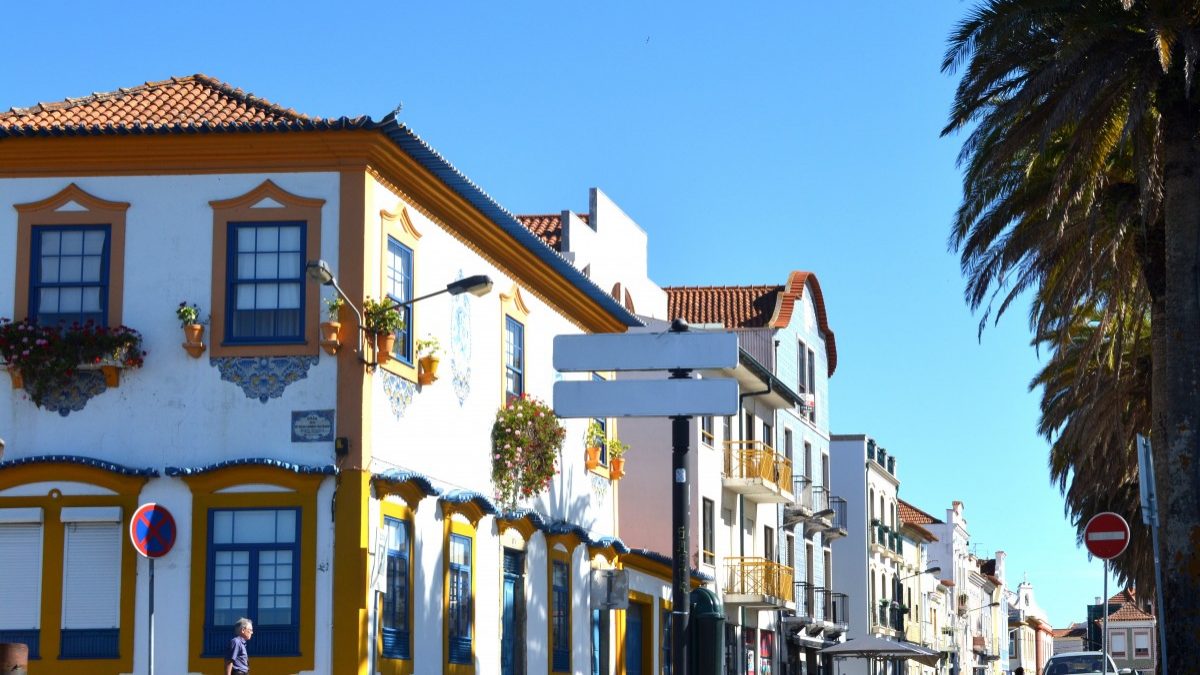Many Brits with second homes in country looking at golden residence permit options due to Brexit
The director of the Portuguese Chamber of Commerce in the UK, Christina Hippisley, announced that Britons with second homes in Portugal are assessing applications for golden residence permits.
Many Britons with second homes in Portugal are assessing applications for golden residence permits because they have only just realised the consequences of ‘Brexit’, said the director of the Portuguese Chamber of Commerce in the UK, Christina Hippisley.
“Some people used to spend four months in a row in their homes and suddenly realised they can’t anymore. (…) Many Britons who had never thought about it are looking at the golden residence permits option to have unrestricted access to Portugal,” she told Lusa news agency.
Since the entry into force of ‘Brexit’ on January 1, 2021, British citizens no longer have freedom of movement and can only spend 90 days in the European area in a period of 180 days.
The Residence Permit for Investment (ARI), known as the golden residence permit, allows foreign holders and family members to stay indefinitely in Portugal and have unlimited mobility in the 26 European Union countries that are members of the Schengen zone.
According to Hippisley, an estimated 60,000 properties in Portugal are owned by Britons, and many will have been affected by these new rules as they have no immediate plans to leave the UK for personal or professional reasons.
“Those people who do not want to move permanently are in an uncertain situation and are looking at the golden residence permit option, either by buying a property or investing in a matching investment fund,” she said.
Since January 1, real estate investment for golden residence permit purposes is more restricted in prime areas, such as the coast and metropolitan areas of Lisbon and Porto, where only commercial or tourist property acquisitions are allowed.
The new regime now only allows residence permits in Portugal for those who invest a minimum of €350,000 in residential properties located in the Azores and Madeira or in inland regions on the mainland.
There are also other options for obtaining the ARI, such as creating a business or investing in scientific research or cultural activities.
Christina Hippisley said that the British are attentive to these opportunities, especially to rural houses in the interior of the country, because they are cheaper and fit into the golden residence permit programme.
“It’s very interesting, the British are looking way beyond the Algarve and Lisbon now. They’re looking for Castelo Branco, Évora, around the Zêzere River, north of Coimbra, because they say it’s very cheap”.
A recent phenomenon is the emergence of Portuguese companies specialising in the rehabilitation of these properties aimed at foreign investors, which, she admits, runs the risk of “distorting the market again” and causing property prices to soar in certain areas of the country, as has happened in the Algarve, Lisbon and Porto in recent years.
The Portuguese Chamber of Commerce in the UK resumes next Thursday in London the face-to-face seminars on how to establish residency in Portugal, a format that has been successful in recent years and which, with 500 registrations, is close to full capacity.
The event, running non-stop from 11am to 9pm, will feature over 20 exhibitors, including estate agents and developers, tax and financial advisers, visa specialists, lawyers and investment fund managers, as well as live presentations and debates.
The number of British residents in Portugal has almost doubled in four years, from 22,431 registered in 2017 to 42,071 in 2021, according to figures from the immigration and borders service, SEF.


